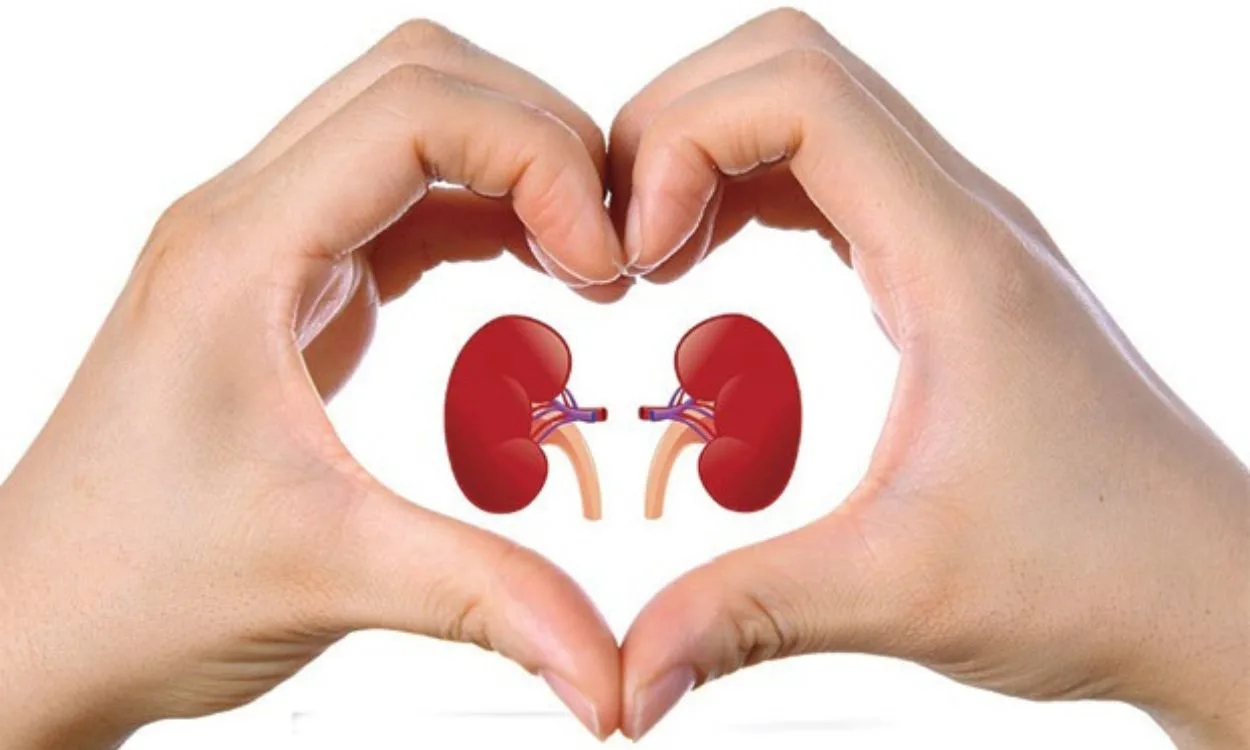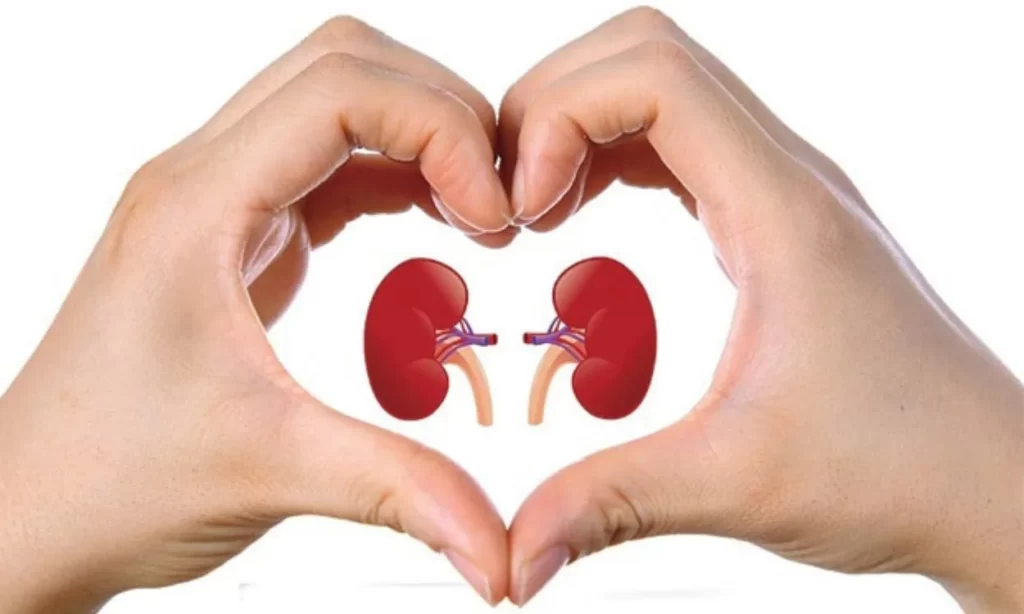
Facts about donate kidneys
The safety of a kidney donor after donation is a critical consideration, and medical professionals take various measures to ensure the well-being of the donor. Here are 10 points to understand the safety of a kidney donor after donation:
1. Thorough Medical Evaluation:
– Donors undergo a comprehensive medical evaluation before donation to ensure they are in good health and that the removal of one kidney will not adversely affect their overall well-being.
2. Psychological Screening:
– Donors undergo psychological assessments to evaluate their ability to cope with the emotional and psychological aspects of kidney donation.
3. Informed Consent:
– Donors are provided with detailed information about the risks and benefits of kidney donation, and their decision to donate is based on informed consent.
4. Minimal Long-Term Health Risks:
– Studies indicate that kidney donation is generally associated with minimal long-term health risks for donors.
5. Remaining Kidney Function:
– The remaining kidney typically compensates for the loss of the donated kidney, and most donors do not experience significant changes in kidney function.

6. Follow-Up Care:
– Donors receive regular follow-up care to monitor their health post-donation, including blood pressure, kidney function, and overall well-being.
7. Complications Are Rare:
– Serious complications after kidney donation are rare, occurring in a small percentage of cases.
8. Life Expectancy:
– Research suggests that kidney donation does not significantly impact the life expectancy of donors compared to the general population.
9. Quality of Life:
– Many kidney donors report a good quality of life after donation, and they often express satisfaction with their decision to donate.
10. Transplant Centers’ Commitment:
– Transplant centers are committed to the safety and well-being of donors, and they provide ongoing support and care, including addressing any concerns or complications that may arise.
It’s important to note that the decision to donate a kidney is a personal one, and individuals considering donation should have open communication with their healthcare team, ask questions, and thoroughly understand the potential risks and benefits. The information provided here is a general overview, and specific details may vary based on individual health circumstances and the practices of the transplant center involved.


Leave a Reply